‘No changes or interference with existing traditions of Chamundeshwari Temple’
Bengaluru: The Karnataka High Court has issued an interim order stating that permission from the Court must be obtained before taking any decision under Section 16 or 17 of the Chamundeshwari Temple Development Authority Act, which was established for the management of the renowned Sri Chamundeshwari Temple atop Chamundi Hill in Mysuru.
This order was passed by a Single-Judge Bench headed by Justice Hemant Chandangoudar yesterday while hearing a petition filed by Pramoda Devi Wadiyar, a member of the erstwhile Mysore royal family, seeking to declare the Chamundeshwari Temple Development Authority Act, 2024, unconstitutional.
While noted Supreme Court Advocate J. Sai Deepak appeared for the petitioner, Additional Advocate General (AAG) Devadas appeared for the State.
Posting the next hearing date to Nov. 11, 2024, the Bench instructed that the question must be considered whether the Chamundeshwari Temple Development Authority Act was implemented in violation of the Legislative Assembly Rules and in contravention of Articles 13, 25, 26 and 29 of the Constitution of India.
Until the petition is resolved, the Authority is not permitted to dispose of the Temple’s movable and immovable assets. Additionally, it was made clear that there should be no changes or interference with the existing traditions being followed at the Temple.
The AAG also submitted that the prevailing customs and traditions of the Temple shall not be modified or interfered with during the pendency of the petition. Moreover, the Court specified that permission must be obtained before making any decisions under Section 16 or 17 of the Development Authority Act.
State can frame rules
While the petition is pending, the State Government is free to frame rules of the Authority without any hindrance. The Authority must issue a notice to Pramoda Devi Wadiyar to participate in the meetings. If she does not attend, the Authority is free to make appropriate decisions independently as per the provisions of the Act, stated the Court order.
AAG Devadas explained that under Section 17 of the Authority, no action will infringe upon the rights of the petitioner. According to Section 16, notices will be issued to everyone for participation in the meetings.
Even if the Chairman of the Authority (the Chief Minister) makes a decision, it will still be subject to the approval of the State Cabinet. Neither the Authority nor the Chief Minister has exercised any power under Section 17 so far, and if the petitioner faces any issues, they can submit a petition before the Court, he clarified to the Bench.
Onus is on the Bench
However, Sai Deepak argued that the Chairman of the Authority is the Chief Minister, and any disagreement should be referred to the Cabinet. “If there is a difference of opinion among the Authority’s members, the Chief Minister should not decide the matter, and the Bench should order accordingly,” he argued.
The Court responded by stating that the Chief Minister should not participate in the Cabinet proceedings (regarding the Authority) and no decisions should be made without the Court’s permission.
The petitioner’s lawyer agreed, stating that no major structural changes should be made to the Temple or the Hill, as there have already been enough issues. He prayed that they be allowed to approach the Court concerning any changes in policy and that the Court should order the Authority to submit regular reports regarding financial accountability.
AAG Devadas prayed that the Authority not be dissolved until the petition is resolved, as dissolution would weaken their position.
If there is no consensus among the Authority members under Section 16, no decision should be made without the Court’s permission. There should be no changes to the movable or immovable assets of the Temple and the Hill, the Bench directed.
Sai Deepak further argued that under Section 40, no alterations should be made to the traditions or rituals, and the permanent members of the Authority should be permitted to review the Temple’s financial records.



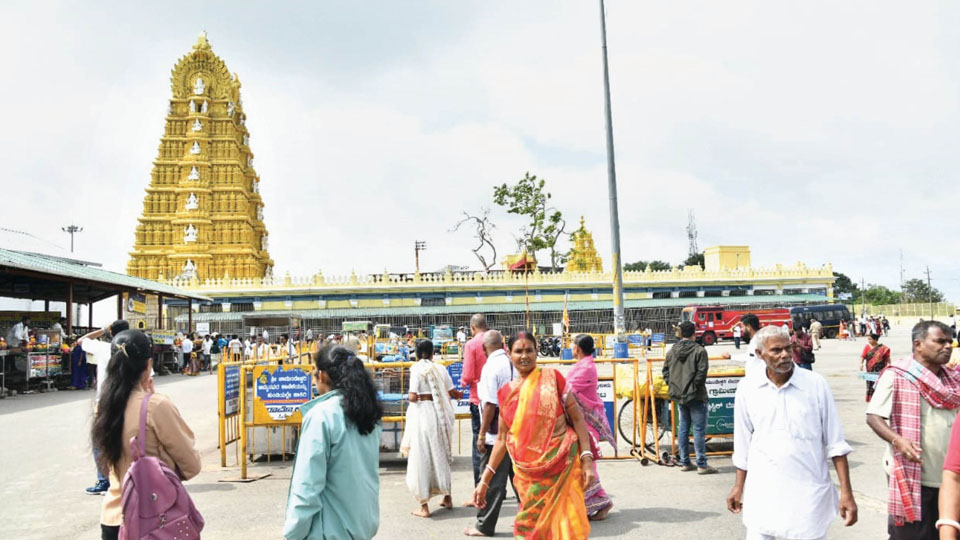
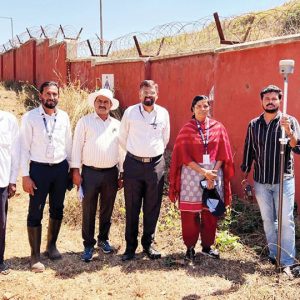
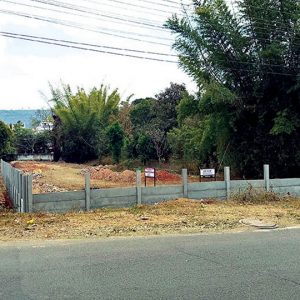
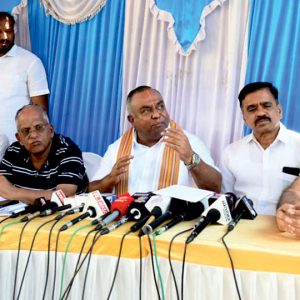
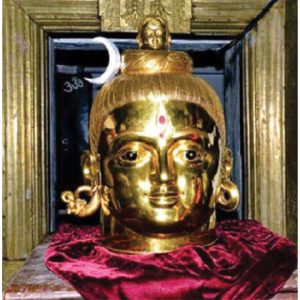
Recent Comments